Snow making for Alpine skiing events at the 2022 Winter Olympics is underway in Beijing's Yanqing district and is expected to be completed by mid-January.
The water needed for snow making at the Yanqing competition zone, where Alpine skiing events will be staged, will account for just 1.6 percent of water used in the area, according to the Beijing Water Authority.
In the Zhangjiakou competition zone, where freestyle skiing, snowboarding, cross-country skiing, biathlon and ski jumping events will take place, the water demand during the Games will account for 9.8 percent of the total current water consumption in Zhangjiakou's Chongli district.
"The man-made snow will not affect the local water usage," said Zhao Weidong, a spokesman for the Beijing 2022 organizing committee (BOCOG).
Competition snow requires a higher density than recreational snow in order to meet the requirements of the FIS, professional skiing's governing body, and to ensure conditions are consistent for each competitor.
Man-made snow was first used at the 1980 Lake Placid Olympic Winter Games. Around 90 percent of snow used at the Alpine skiing venue for the PyeongChang 2018 Winter Olympics was artificial, while man-made snow was also a feature of Vancouver 2010 and Sochi 2014.
In line with Beijing 2022's goal of hosting a sustainable and eco-friendly Games, a series of water-conserving techniques have been adopted in snowmaking, according to BOCOG.
"For Alpine skiing, natural snowfall is incapable of providing sufficient competition snow. Even if the natural snow depth reaches 3m, it can only be compressed into a snow layer of 30cm to 40cm in depth, still far off the requirement for Olympic tracks, which is also one of the reasons why man-made snow has been widely used in snow sports in Winter Olympics worldwide," said Lyu Hongyou, an operations manager at Yanqing.
Snow-making is not an irreversible consumption of water resources; instead, the snow-melt water can be recycled into reservoirs. Three reservoirs with a total maximum water storage of 160,000 cubic meters can collect the snow-melt and rainwater through conduits in the Yanqing competition zone and pump up the water for snowmaking in the venues, forming an internal recycle of water resources, said Sun Xianghui, an engineer from Beijing Beikong Jing'ao Construction Corporation.
In the south of Yanqing, a sewage treatment station has been established to process the sanitary sewage from the competition zone into reclaimed water for plant-watering and toilet use, Sun added.
During the snowmaking process for Beijing 2022 venues, the collected natural precipitation and the overland runoff will be primarily used, and an intelligent system will help decide the timing for snowmaking based on the weather conditions, also in an endeavor to further save water resources and improve efficiency, Zhao said.








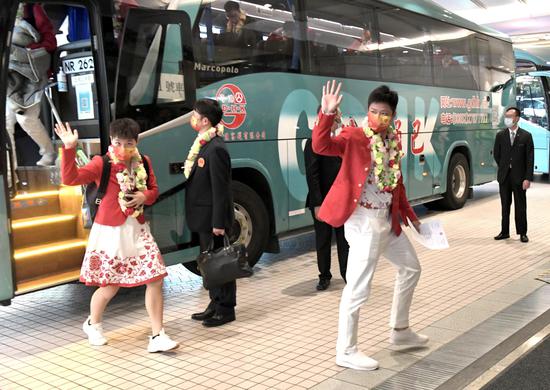
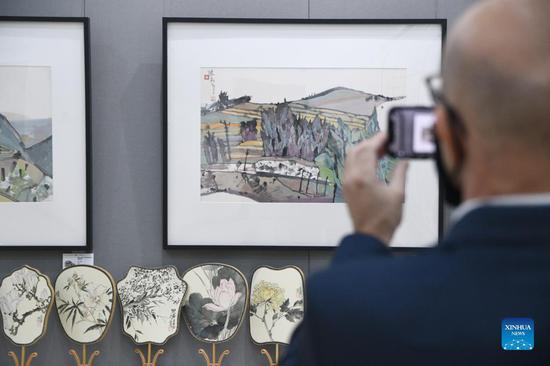
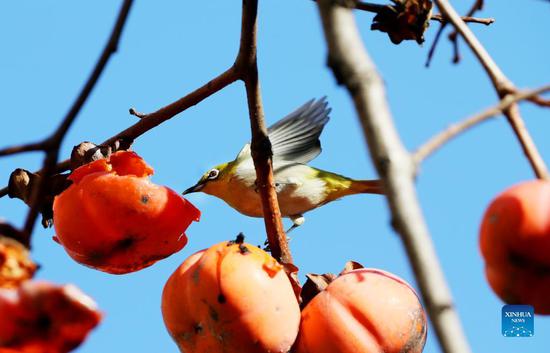
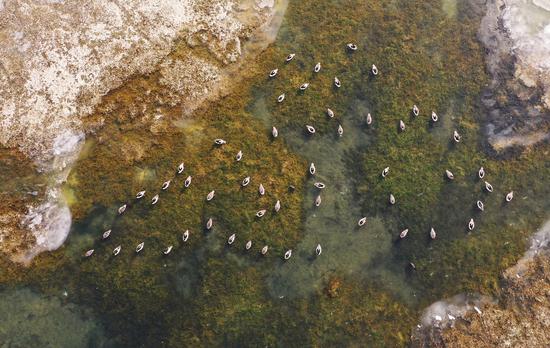
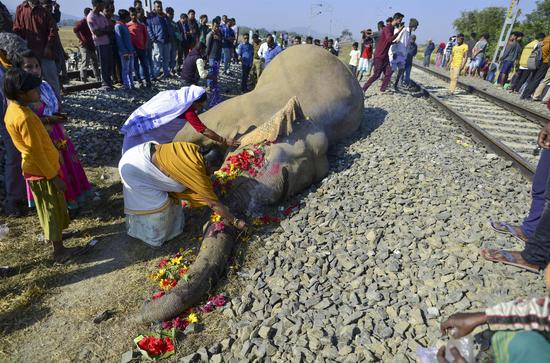
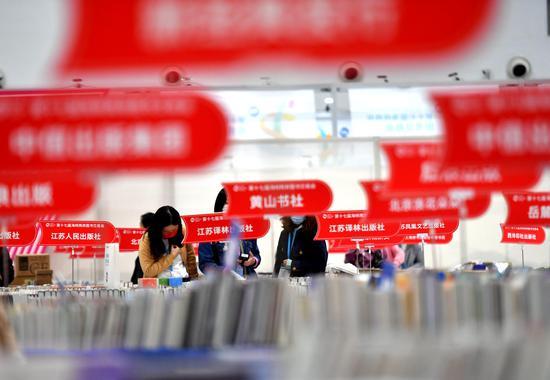
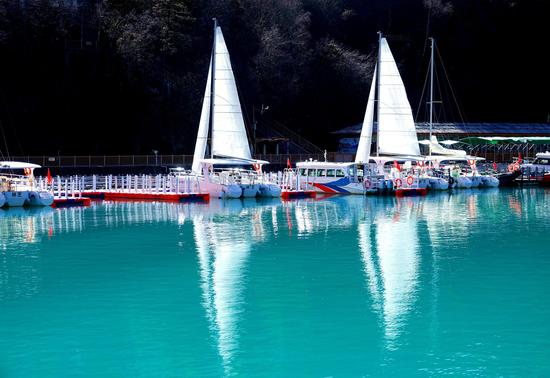

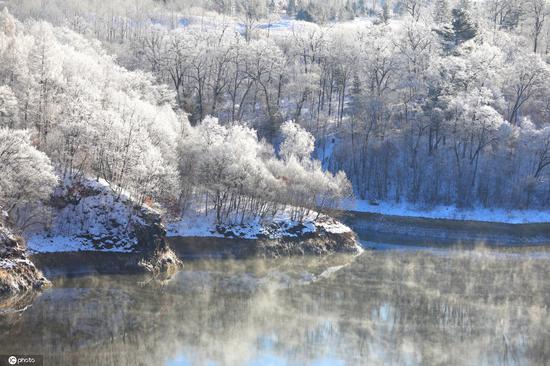
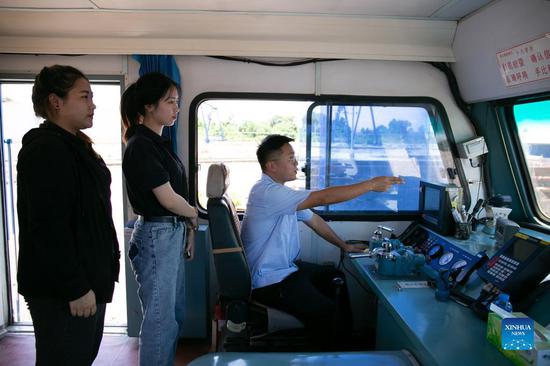
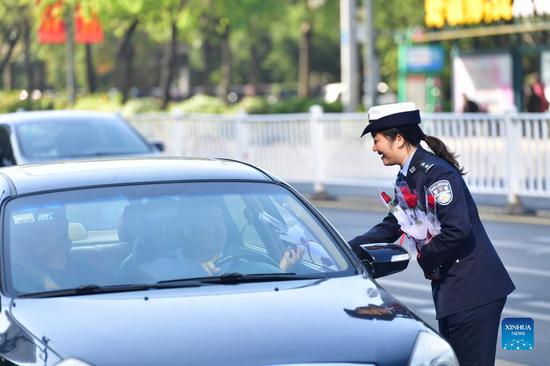
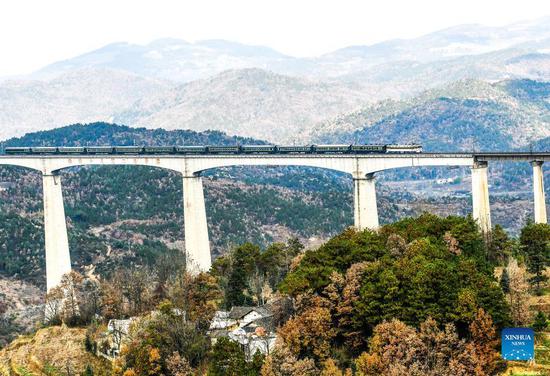

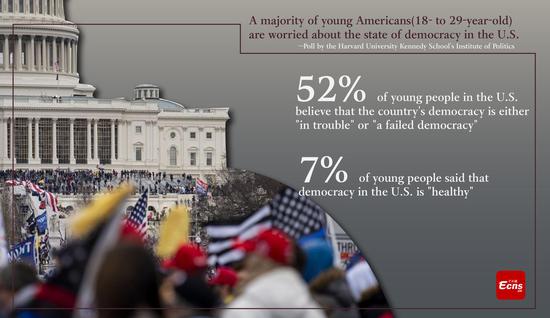
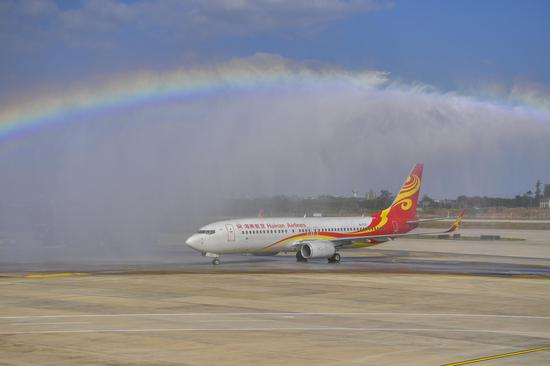
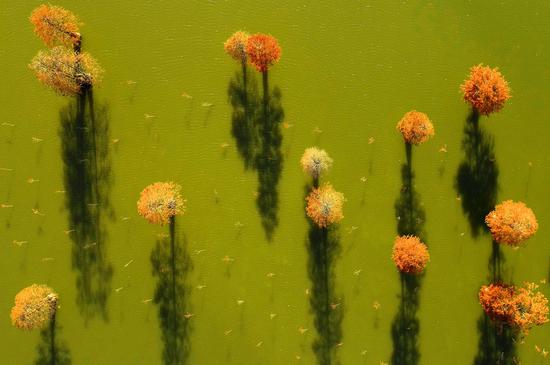


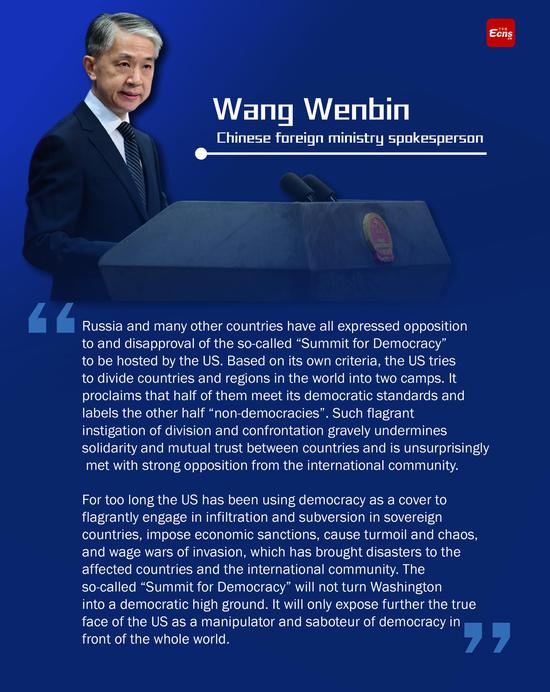

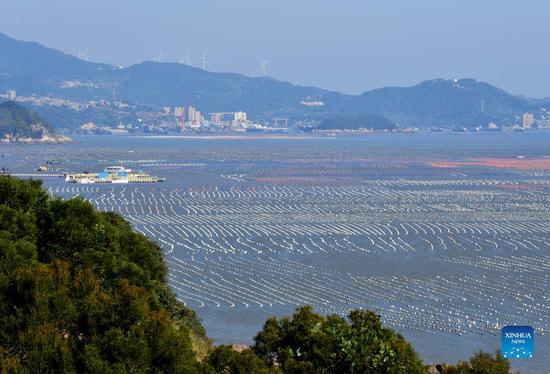
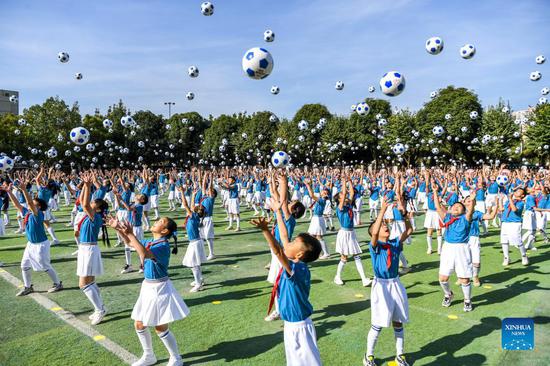
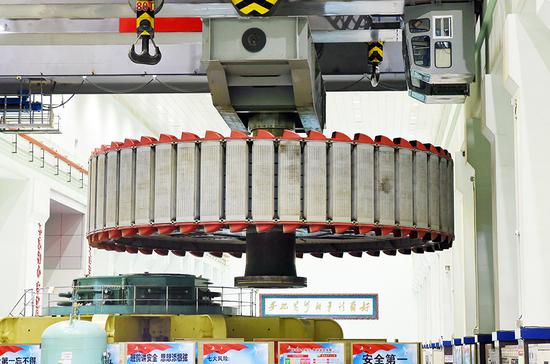
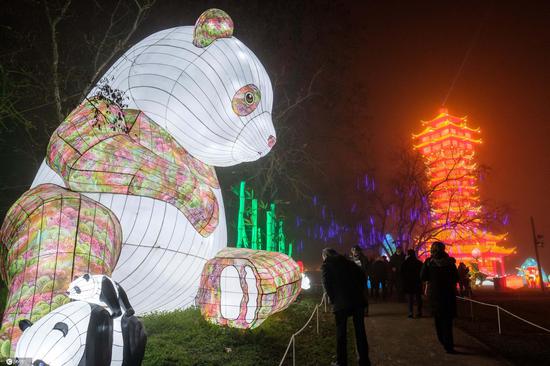
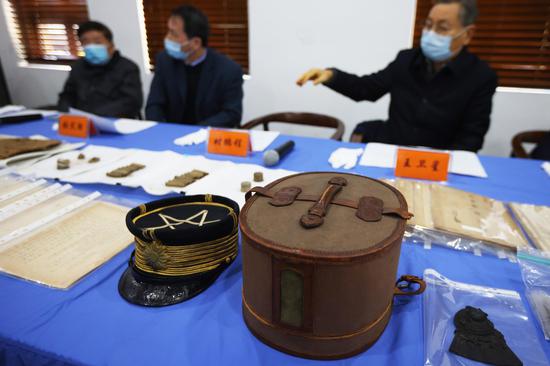
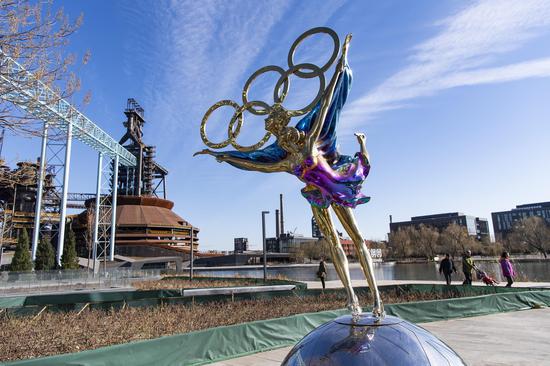
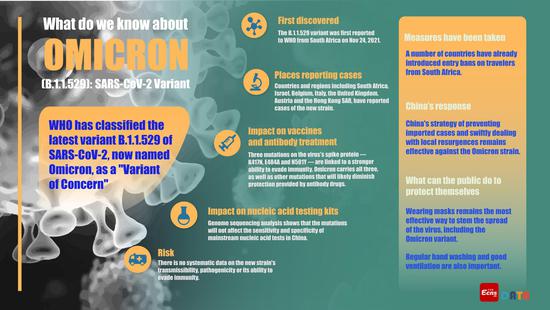

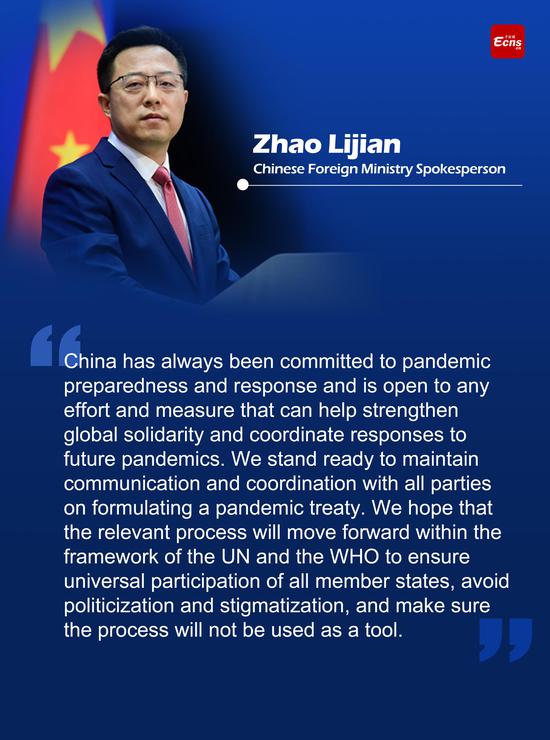
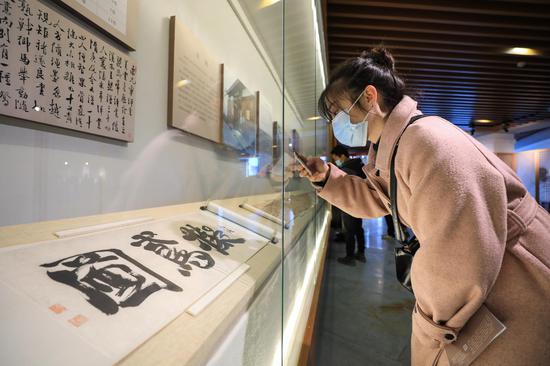
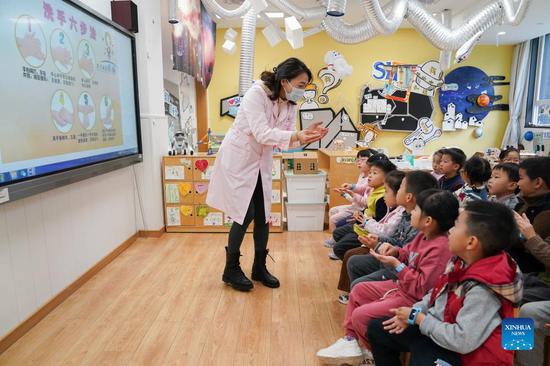

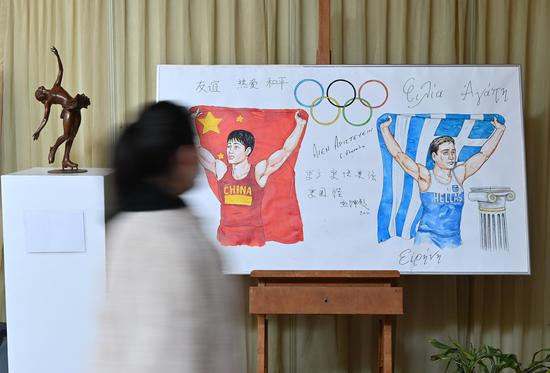
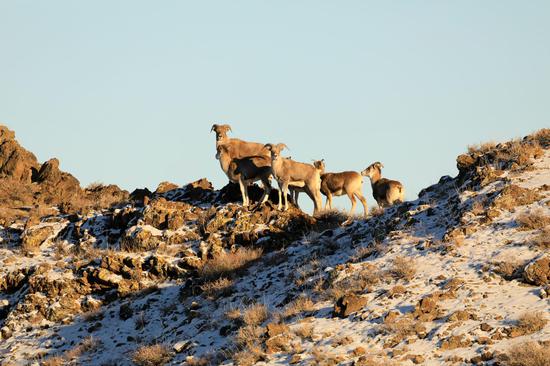
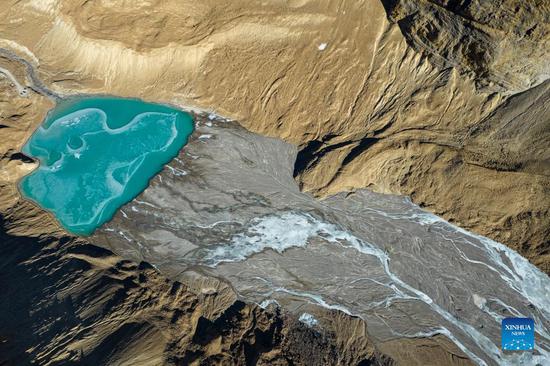
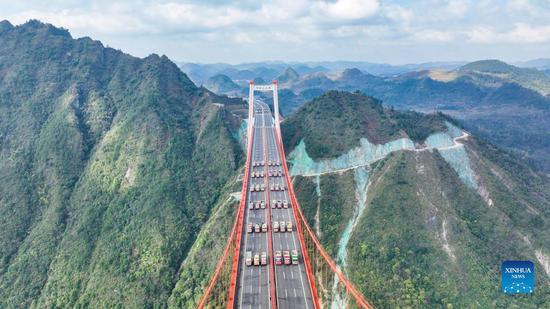
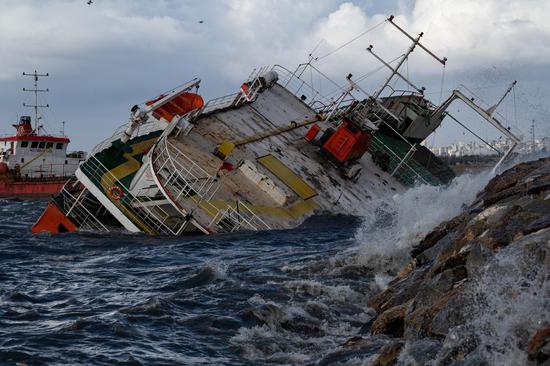





 京公网安备 11010202009201号
京公网安备 11010202009201号